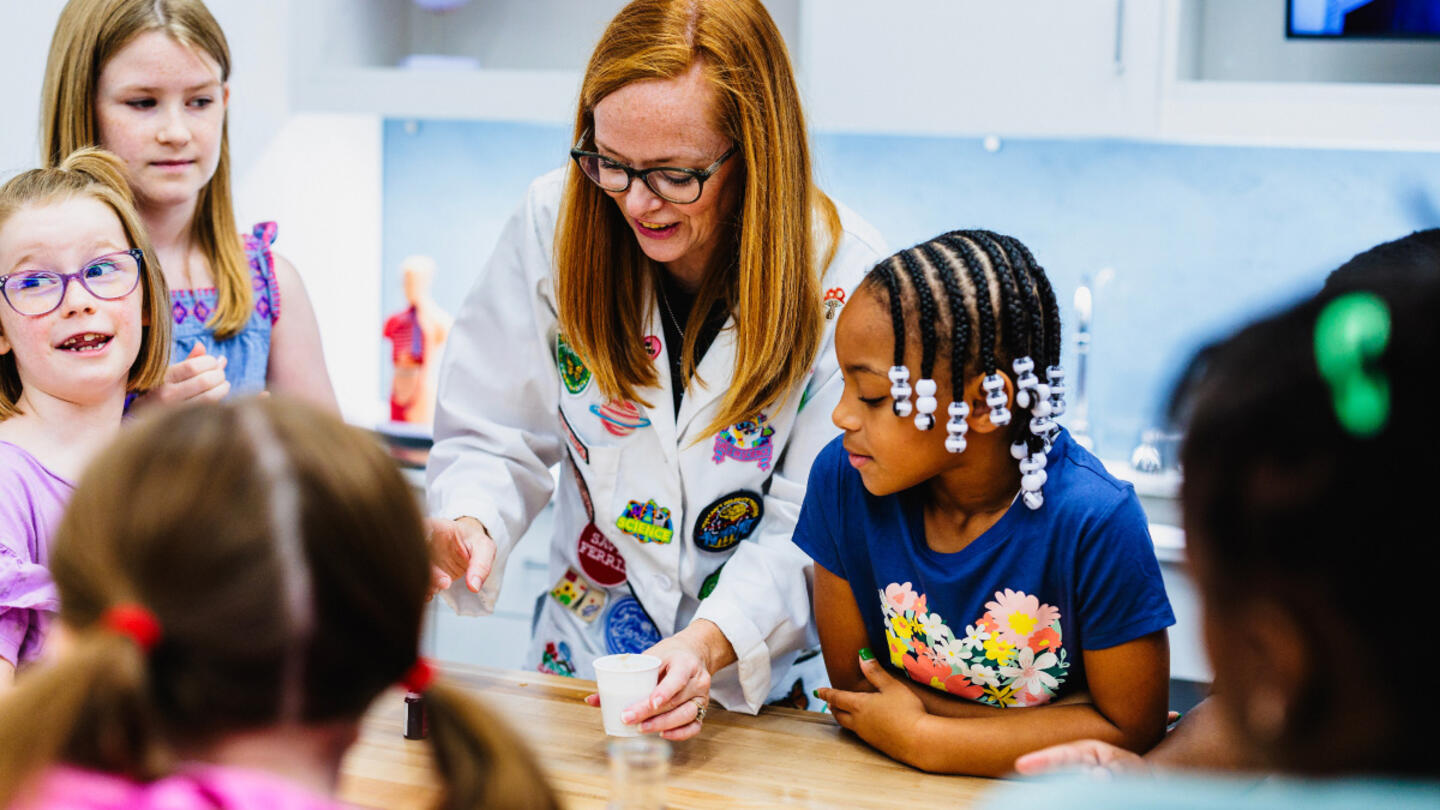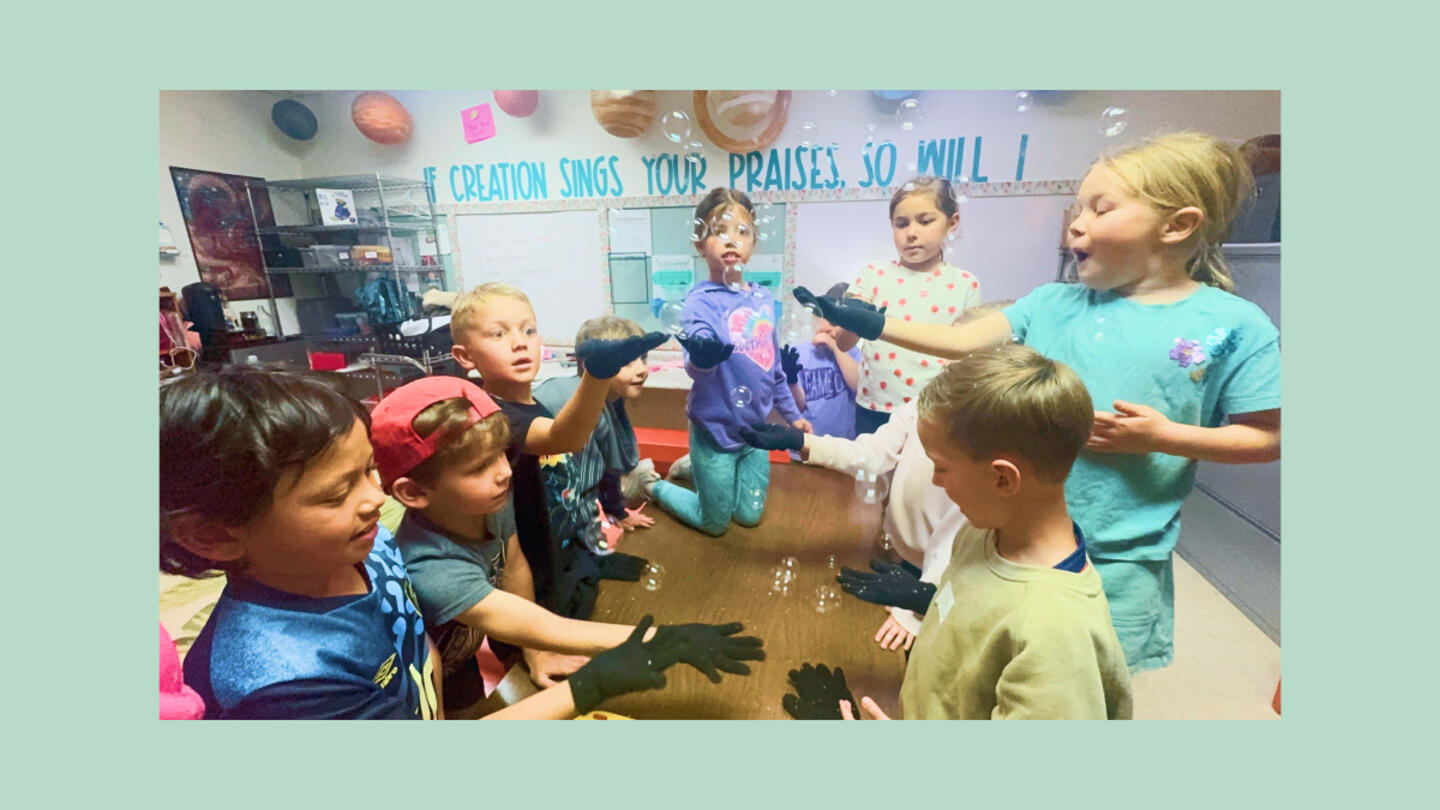Families share a common goal: to raise happy, flourishing children. Education is a big part of achieving that, but the way children are educated — and the way parents feel about their education — has been following the same, one-size-fits all modalities for decades.
The pressures that the COVID-19 pandemic put on school systems have inspired parents to look beyond the status quo and toward new models of education that are more focused on individual students.
Understanding the issues impacting every family
According to a new report released by Tyton Partners, Stand Together Trust, and the Walton Family Foundation, the majority of families in the U.S. want an evolved K-12 education system that offers more tailor-made experiences — both inside and outside of school — that reflect their child's needs and interests.
The Choose to Learn 2022 report surveyed over 3,000 parents of K-12 children, and more than 150 K-12 providers all across America. It explored what families desire in terms of more tailored K-12 educational experiences, how the current system is falling short, and strategies the K-12 ecosystem can take to re-center itself around the needs of learners and families.
"In viewing K-12 through a broad lens, we set out to better understand the issues impacting every family," says lead author and Tyton Partners Senior Principal Christian Lehr. "[This includes the] more than forty million parents who send their children to public school."
The report found that:
- 59% of families said the pandemic had shifted their views on educational choices for their children.
- 51% of families said children's personal needs and interests should be the primary driver of the learning experience, rather than standardized grade-level requirements.
- 79% of families believe learning can — and should — happen everywhere, not only inside the classroom.
The main takeaway was that families want a K-12 ecosystem that grants them more agency to prioritize the academic and personal outcomes that matter most to them.
Families often have had to compromise on some aspect of their child's education. This is especially true for parents from underserved backgrounds, who often have to make educational decisions for their children based only on core needs: cost, convenience, and safety.
Many families lack the resources to pursue extracurricular activities and other experiences that might help children develop their passions and realize their personal potential. Families also sometimes lack the awareness that programs outside of school even exist.
And that's a major problem, considering the report revealed that parents value their children's happiness over any other outcome in the K-12 ecosystem.
Overall, the traditional, one-size-fits-all model of education can fail to inspire joy, a love of learning, and the true chance for a kid to grow into their best selves. Families need solutions that support children's long-term personal and educational goals, build career opportunities, and spark passion and curiosity.
Increasing demand for new models of education
The COVID-19 pandemic brought with it some opportunities for change. For many parents, the pandemic offered new options in learning — distance learning, learning pods, home-based classrooms — that offered a glimpse into a kind of student-focused environment many hadn't seen before.
It showed that learning can and should happen everywhere. And it made many hungry for a K-12 landscape that is inclusive of in- and out-of-school learning opportunities tailored to each student's unique interests and talents.
"There is a clear call for us to collectively build towards a more student-centered future in K-12 education," says Newman. But while parents generally share the same goals, their abilities to reach them are not as equal.
Children from lower-income families were found to be almost 50% less likely not to pursue learning and activities outside of the classroom. The report identified a few ways a robust, student-focused K-12 classroom ecosystem can help solve this problem.
Providing an individualized education for every child
The report highlighted two solutions in particular that provide more opportunities for both in- and out-of-school learning for every child: access to education savings accounts (ESAs) and microgrants.
ESAs give parents money directly that can be used to pay for tutoring, tuition, or after-school activities. Microgrants – like those provided by the VELA Education Fund, which is part of the Stand Together community, and some local school districts – invest in people who are building custom solutions to meet students' needs by boldly reimagining education in their communities.
The report clearly shows that families want agency in educational decisions. All children — regardless of background, personal strengths, or interests — stand to benefit from a more individualized educational vision.
To achieve that vision, the report noted that a healthy K-12 ecosystem should include more:
- Availability of student-centric educational offerings across the K-12 ecosystem
- Awareness of these offerings across all communities
- Affordability of experiences and reduction of out-of-pocket costs
- Accessibility of offerings that are convenient for all families
"Our local public districts play a crucial role for K-12 families," says Lehr. "At the same time, families crave a wide variety of learning experiences."
"It is in this spirit," he says, "that we examined parents' aspirations at the intersection of in- and out-of-school learning, and asked: How can the K-12 sector deliver a stronger union of academic, extracurricular, and personal outcomes for all families, regardless of life or economic circumstances?"
The Stand Together community, which includes the VELA Education Fund, has helped provide 2.4 million K-12 students access to individualized learning options nationwide.
Learn more about Stand Together's K-12 education reform efforts.



